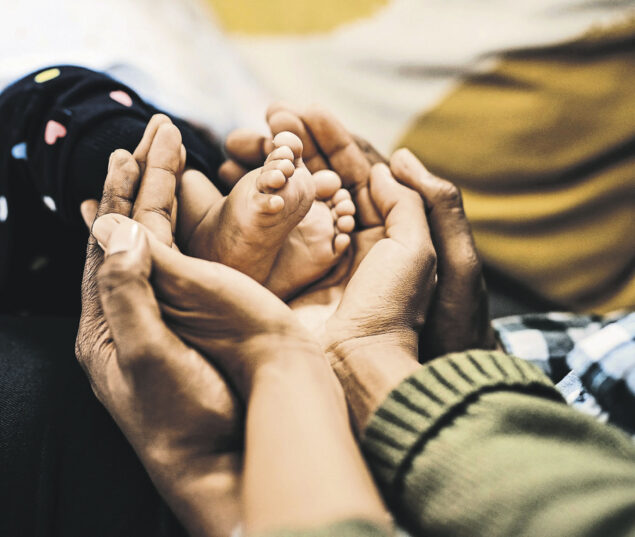Whether it’s dance lessons, computer projects, art class or yoga, kids are busy bees. But experts say that many aren’t spending enough time doing something much simpler and every bit as important as structured programming: Playing outdoors.
“Finding time for the kids to play outside can be such a challenge for parents,” says Keri Wilmot, a pediatric occupational therapist and contributor to TheGeniusofPlay.org. “As a parent, I worry about ‘stranger danger’ or whether my kids will be able to navigate social issues on their own. Without spontaneity, playtime has lost some of it’s fun.”
The Genius of Play is sharing five benefits:
Physical development: Physically active kids tend to be leaner and healthier, while an inactive childhood can lead to a sedentary (and likely unhealthy) lifestyle in adulthood. Physical play builds gross and fine motor skills.
Risk-taking: Moments like a first bike ride without training wheels, or the first trip down the big slide in the playground are critical for building the confidence and resilience needed to pursue a career, start a business, or handle life’s challenges.
Social skills: Childhood games played outdoors can help build social skills and teach kids to follow directions. From games as simple as tag to “Kick the Can,” “Capture the Flag” and sports like soccer and basketball, communication and teamwork are developed.
Problem-solving: Being outside widens childrens’ horizons and can encourage them to tap into their creativity in order to come up with solutions to challenges, such as learning how to build a sandcastle, or figuring out how to climb up a jungle gym.
Reducing stress: Physical activity boosts endorphins, lowers stress and reduces anxiety and depression. Even touching dirt when creating mud pies or digging for worms is beneficial. According to a Bristol University study, types of “friendly” bacteria in soil can activate a group of neurons that produce serotonin, creating a feeling of well-being.













